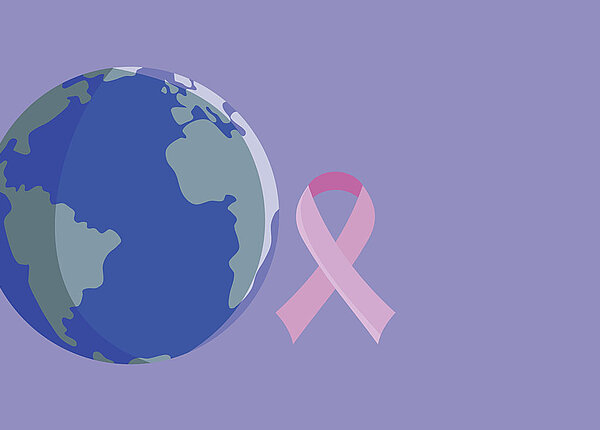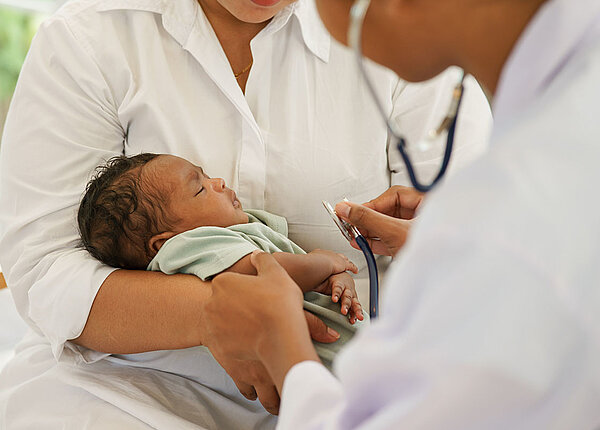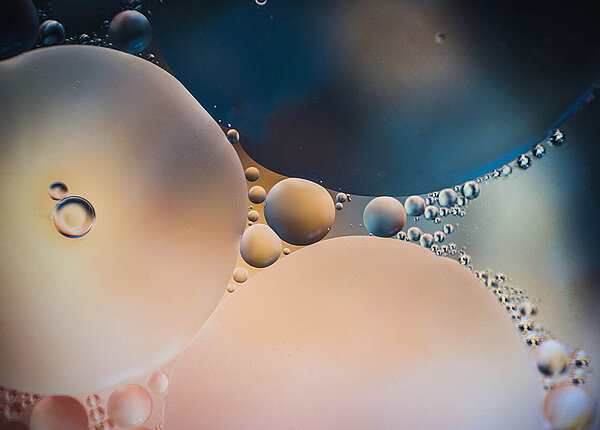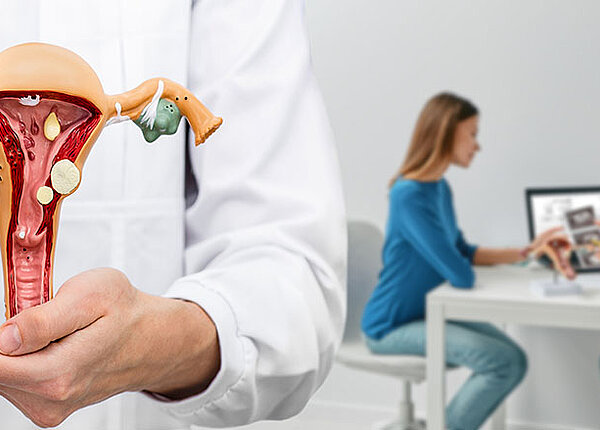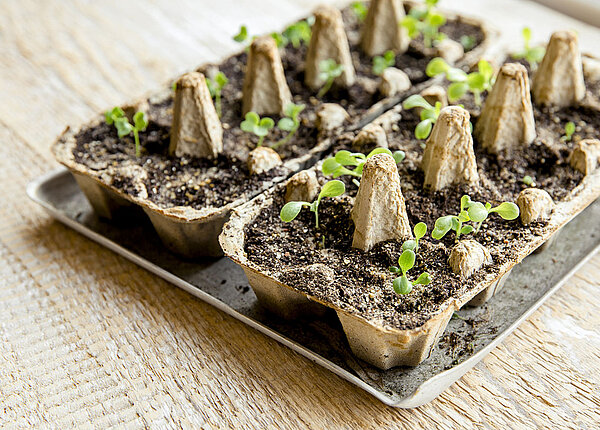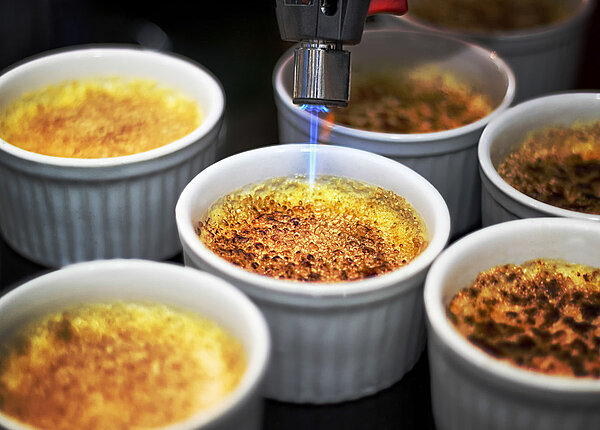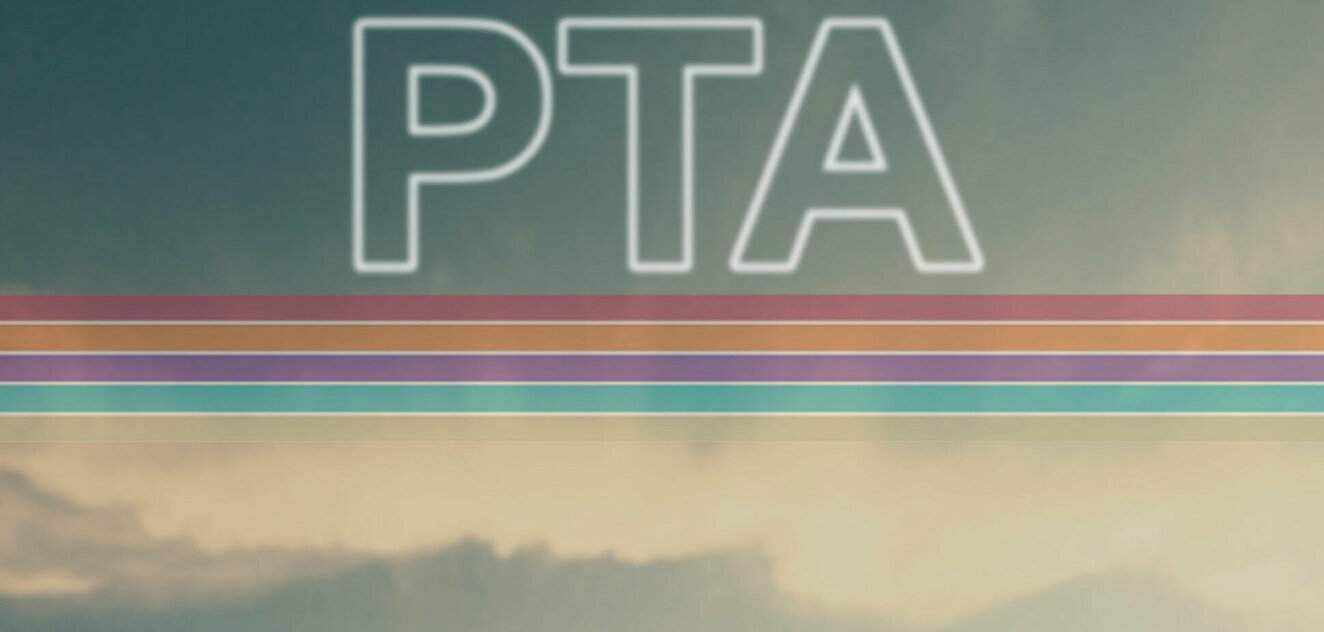English for PTA
URINARY TRACT INFECTIONS
Seite 1/1 4 Minuten
Other factors include: poor or incorrect toilet hygiene, wearing synthetic, tight-fitting or uncomfortable underwear and using cosmetic products that may cause irritation. A UTI is an infection of any part of the urinary system: the kidneys, ureters, bladder, or urethra. The most common form of UTI is cystitis, which is an infection of the bladder. Other forms are acute pyelonephritis, affecting the kidneys, and urethritis. UTIs typically occur when bacteria enter the urinary tract and start to multiply in the bladder. Although the urinary system can usually deal with microorganisms, sometimes it fails to work.
Female pharmacy customer: Hello, do you speak English?
PTA: Hello, yes I do. What can I do for you?
Do you stock bearberry leaves?
Yes we do. Do you mind me asking: do you need them for a urinary problem?
Yes, in fact I do have an infection.
Do you often have such problems? Some people tend to be plagued with urinary tract problems.
I think this is my third or even fourth infection since the start of the year! I usually use the bearberry leaves, as I don’t like taking antibiotics.
Well antibiotics are often the usual treatment for urinary tract infections, but phytotherapy can also be effective, especially if you start early enough with the treatment.
Isn’t bearberry a plant?
Certainly, but it is not recommended to take it more than five times a year. And it might be a good idea to try an alternative, mightn’t it?
I suppose that you are right. So, what do you recommend?
This combination preparation of nasturtium and horseradish is a type of herbal antibiotic, and it is also antiviral.
How often do I need to take it?
To start with you should take it four times a day, and four tablets. You can take them every three hours or so and always after a meal. You can continue for five days to a week and slowly decrease the dosage.
Anything else I need to consider?
It is not recommended during pregnancy, breast-feeding or an allergy to any of the ingredients.
I am not pregnant and I don’t have any allergies, thank goodness.
Okay. I’d also like to recommend regularly drinking a tea made from goldenrod and birch leaves. It’s good to drink a lot of fluids to help your system to flush out the pathogens.
Yes, please. I’ll take it, it gets very boring just drinking water all the time.
An alternative to the nasturtium and horseradish are these dragées with common centaury, lovage and rosemary.
I’ll try the nasturtium with horseradish first and see how I get on. Thank you so much.
No problem, that’s our job.
Thanks again. Goodbye!
Bye!
You can find this article at PTA IN DER APOTHEKE 06/19 on page 125.
Catherine Croghan, Lecturer in English and native speaker
Vocabulary
| Urinary Tract Infections | Harnwegsinfektionen |
|---|---|
| affect | betreffen |
| primary causes | Hauptursache |
| urethra | Harnröhre |
| tight-fitting underwear | eng anliegende Unterwäsche |
| kidneys | Nieren |
| ureters | Harnleiter |
| bladder | Blase |
| cystitis | Blasenentzündung |
| pyelonephritis | Nierenbeckenentzündung |
| urethritis | Harnröhrenentzündung |
| stock | führen (Waren) |
| bearberry leaves | Bärentraubenblätter |
| nasturtium | Kapuzinerkresse |
| horseradish | Meerrettich |
| goldenrod | Goldrute |
| birch leaves | Birkenblätter |
| common centuary | Tausendgüldenkraut |
| lovage | Liebstöckel |
